Legal conundrum over sexual bribery
By Luo Wangshu in Chongqing and Cao Yin in Beijing ( China Daily ) Updated: 2013-07-18 09:47:21'Improper lifestyles' of corrupt officials reveal loopholes in the system, report Luo Wangshu in Chongqing and Cao Yin in Beijing.
Although a high-profile corruption case involving Lei Zhengfu ended on June 28 when the former Party chief of Beibei district in Chongqing was sentenced to 13 years in prison, revealing photos posted online of Lei and a young woman engaged in sexual activity are still a major topic of public discussion.
Lei is not the only high-level official toppled after an inappropriate relationship was investigated by the disciplinary authorities.
Former railways minister Liu Zhijun was given a suspended death sentence after being convicted on July 8 of corruption and abuse of power. The prosecutor's statement also pointed to his "improper lifestyle", which in China usually suggests being lecherous and living a life of debauchery.
Earlier this year, Yi Junqing, former head of the Party's Central Compilation and Translation Bureau, was removed from his post, also on charges of pursuing an "improper lifestyle", when a woman claiming to have been his mistress posted a detailed description of the alleged affair on the Internet. The post quickly went viral.
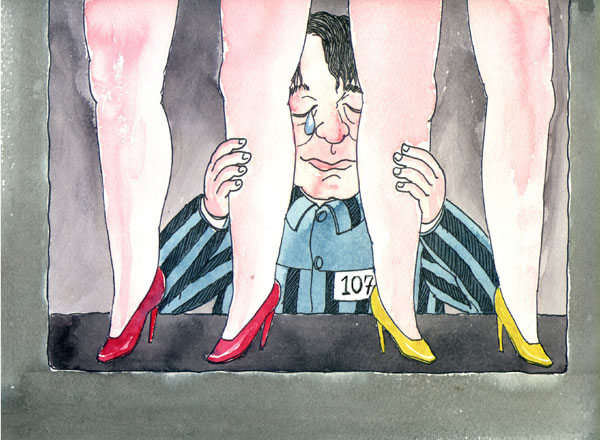 |
|
Li Jingshan / for China Daily |
These so-called improper lifestyles are, in fact, a form of sexual bribery, a phenomenon that's increasingly common in corruption cases nowadays. However, they are hard to identify because of an anomaly in Chinese law, according to Yang Xiaojun, a legal expert at the Chinese Academy of Governance.
So far, the only cases that have come to light have featured male officials.
|
|
|
|
|
|
|
|
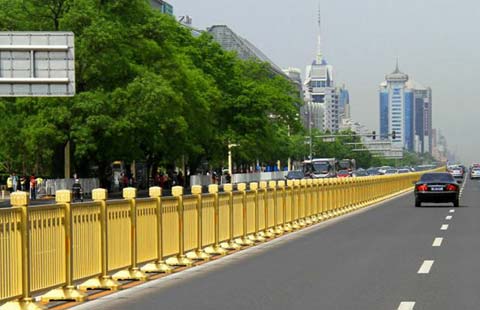
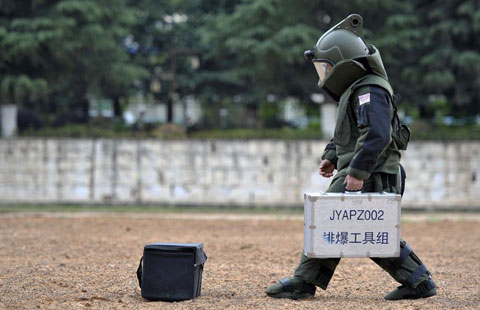
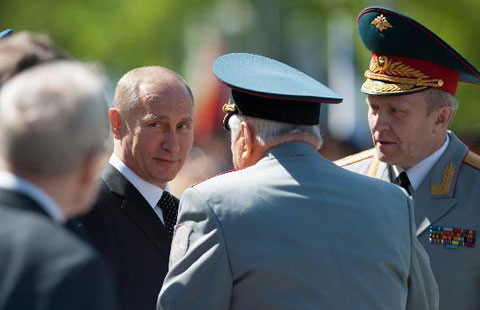
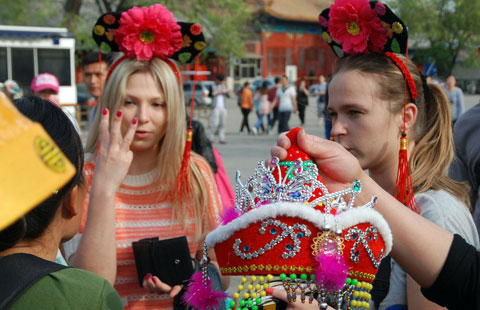






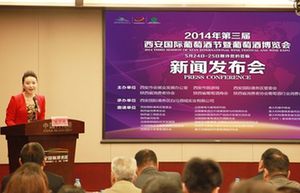
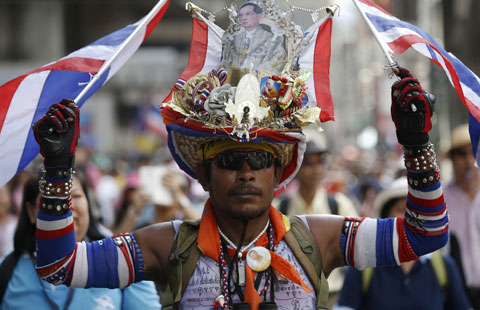






 Op Rana
Op Rana Berlin Fang
Berlin Fang Zhu Yuan
Zhu Yuan Huang Xiangyang
Huang Xiangyang Chen Weihua
Chen Weihua Liu Shinan
Liu Shinan